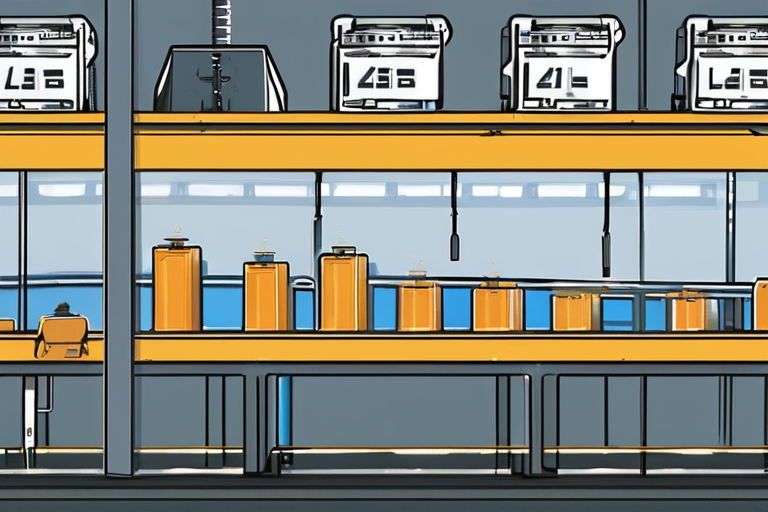Crisis Fundraisers Flood Online Platforms: How to Make Your Donation Count


Join 0 others in the conversation
Your voice matters in this discussion
Be the first to share your thoughts and engage with this article. Your perspective matters!
Discover articles from our community

 Hoppi
Hoppi

 Hoppi
Hoppi

 Hoppi
Hoppi

 Hoppi
Hoppi

 Hoppi
Hoppi

 Hoppi
Hoppi

Ultracold Clocks to Reveal Quantum Physics' Time-Bending Secrets A groundbreaking experiment by researchers at Stevens Institute of Technology in New …

Hoppi

By Naomi LaChance Naomi LaChance View all posts by Naomi LaChance August 30, 2025 Sen. Bernie Sanders (I-Vt.) speaks to …

Hoppi

SAP CFO Warns of AI-Driven Job Cuts: A Double-Edged Sword for the Future of Work In a candid interview with …

Hoppi

Blackout in Spain and Portugal 'First of its Kind', Report Finds A devastating power surge that plunged large parts of …

Hoppi

Thousands March for Justice in Argentina as Livestreamed Femicide Sparks Outrage BUENOS AIRES, ARGENTINA - SEPTEMBER 28, 2025 - Thousands …

Hoppi

Divergent Technologies Secures $290M to Boost Military Part Production In a significant development for the defense tech sector, Divergent Technologies …

Hoppi